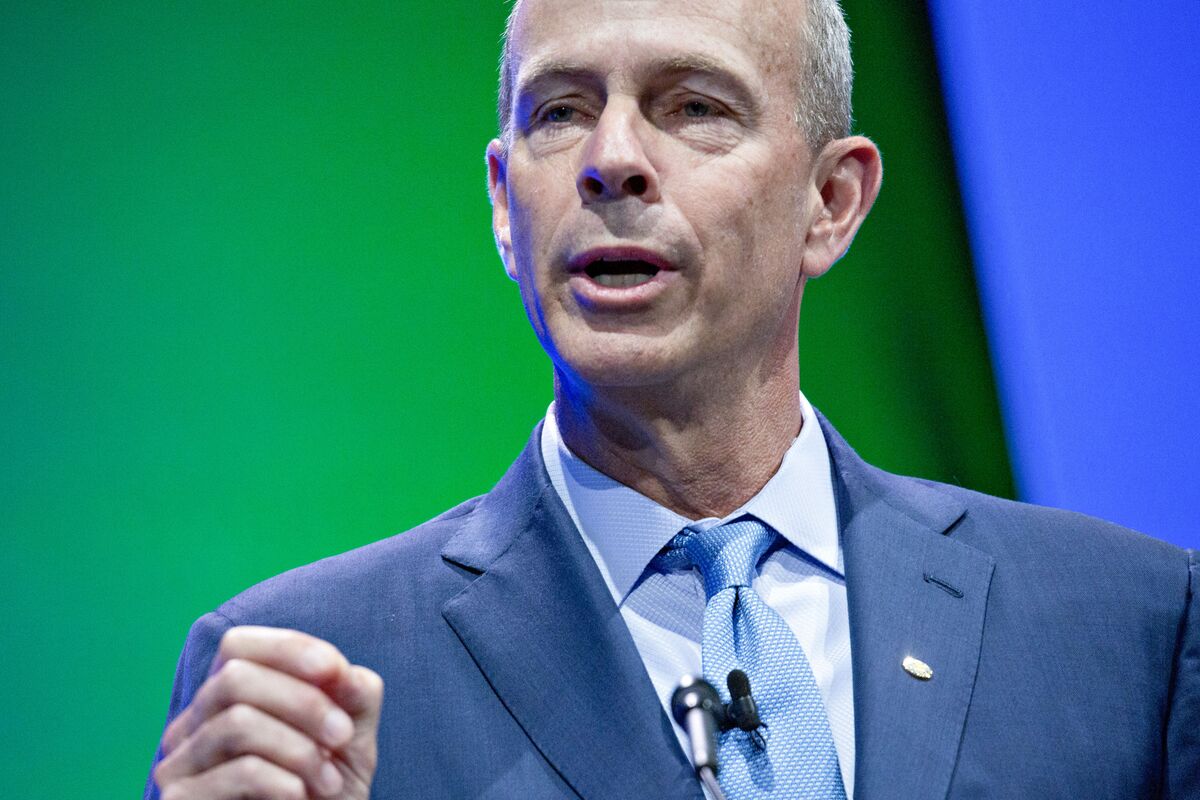Without a doubt, the world needs to lower carbon emissions to prepare for a cleaner, greener future. But asking the global oil industry to essentially stop pumping will set economies back by years.
Chairman and Chief Executive Officer (CEO) of Chevron, Mike Wirth told CNN’s Fareed Zakaria this early this month. Wirth posited that the best path toward an effective and lasting energy transition needs to be considered as the world’s population is expected to balloon by 10 million in 205. This, he said, requires three key elements: scale, speed and solutions.
“To force the existing energy system out of use right now is going to take economies backward, it will take the quality of life backway [and] it will move society in a direction it does not want to go. We have got to find ways to encourage all these technologies to compete on a lower carbon basis,” Wirth explained, noting that excluding 80% of what runs the world would not be progressive.
“We wanna switch from that 80% system A to system B but system B is one or 2% built and if we turn system A off, we are getting an example of what that could look like watching Europe right now,” he noted further.
An orderly transition is what the world needs, the Chevron CEO said which constitutes stability in pricing and stability in the supply of energy.
“Both oil and gas took four decades to go from 1% to 10%. So while we need wind, we need solar, we need electric vehicles, we also need oil and gas. We should be trying to find a way to make every component affordable, make it reliable and make it ever cleaner,” he continued.
Doing its part, Chevron has set out to be the global leader in lowering carbon emissions. It has set out to achieve net zero upstream emissions (scope 1 and 2) by 2050.
Chevron has also identified close to 100 greenhouse gas (GHG) abatement projects to advance. In 2021, it made progress on 36 projects and completed five. It plan to spend more than US$300 million on these projects in 2022 and approximately US$2 billion on similar projects through 2028. When completed, the opportunities are expected to deliver approximately four million tonnes of emissions reductions per year.
Chevron currently holds a stake in Suriname’s Block 42 alongside Shell and Hess.



